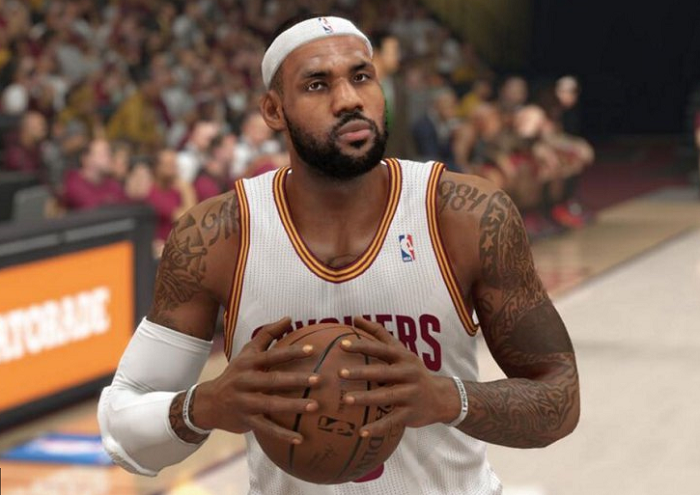The FTC says that social media stars and celebrities who promote products need to be clear on what’s “sponsored” and what’s not.
From weight loss teas to teeth whiteners, many celebrities and large social media accounts are making extra income through brand promotions. People like P. Diddy and 50 Cent, who has invested interest in the brands they promote, too can be seen promoting products. But, luckily the two entertainment moguls use hashtags like #ciroc or #effenvodka to gain quick visibility to their millions of followers.
“Promoting” is all of this is part of the marketing strategy of product(s). The Federal Trade Commission, however, do not feel as though account holders are making it clear when they are getting paid to promote a brand. Therefore, the FTC want to impose stricter penalties for deceptive promoting.
“We’ve been interested in deceptive endorsements for decades and this is a new way in which they are appearing,” said Michael Ostheimer, deputy of FTC’s Ad Practices Division. “We believe consumers put stock in endorsements and we want to make sure they are not being deceived.”
Here’s an excerpt of an interesting article posted on Bloomberg.com regarding the FTC’s stance on this subject:
This uptick in celebrities peddling brand messages on their personal accounts, light on explicit disclosure, has not gone unnoticed by the U.S. government. The Federal Trade Commission is planning to get tougher: Users need to be clear when they’re getting paid to promote something, and hashtags like #ad, #sp, #sponsored –common forms of identification– are not always enough. The agency will be putting the onus on the advertisers to make sure they comply, according to Michael Ostheimer, a deputy in the FTC’s Ad Practices Division. It’s a move that could make the posts seem less authentic, reducing their impact.
This means more cases like the one against Warner Bros. Home Entertainment Inc., which last month settled with the FTC over charges that it deceived customers by paying internet influencers such as PewDiePie – who has about 50 million followers on YouTube — to promote the video game Middle-Earth: Shadow of Mordor with positive reviews, without disclosing that they were paid and told how to promote it. In March, the FTC issued a complaint against Lord & Taylor for paying fashion influencers to create posts about one of its dresses on Instagram, without disclosing that the retailer paid them and gave them the dresses for free. Any compensation, including free products, should be disclosed, the FTC says.
Companies have been pouring marketing dollars into social media endorsements, paying everyone from a Hollywood celebrity to a mom who regularly Instagrams her baby snuggling with a puppy. Reaching consumers, especially 20-somethings, is increasingly difficult because of television’s waning marketing power. Social media is where those dollars are headed with brands already spending more than $255 million on influencer marketing every month just on Instagram, according to Captiv8, a company that connects influencers with brands.
Personal endorsements are as old as advertising itself, and there’s always been abuse. So when the FTC highlights influencer marketing as having a disclosure problem, it can come across as unfair, said Stefania Pomponi, the founder of Clever Girls Collective Inc., a marketing agency that works with brands including Disney and Ford.
“We’re venturing into a little bit of ridiculous territory with the FTC saying these things because influencers really want to follow the rules,” Pomponi said. “They want to do a good job — they want to be seen as useful to brands and don’t want to do anything that would jeopardize their relationships.”
It’s up to the FTC to be more clear and consistent about their policies and enforcement, she said. A lot of influencers think they are following the rules, but in fact are falling short. More than 300,000 sponsored posts on Instagram in July used hashtags like #ad, #sponsored and #sp, up from about 120,000 a year earlier, according to Captiv8. The FTC thinks #ad is okay if it’s at the beginning of a post, but #sp and #spon aren’t.
“If consumers don’t read the words, then there is no effective disclosure,” Ostheimer said. “If you have seven other hashtags at the end of a tweet and it’s mixed up with all these other things, it’s easy for consumers to skip over that. The real test is, did consumers read it and comprehend it?”


